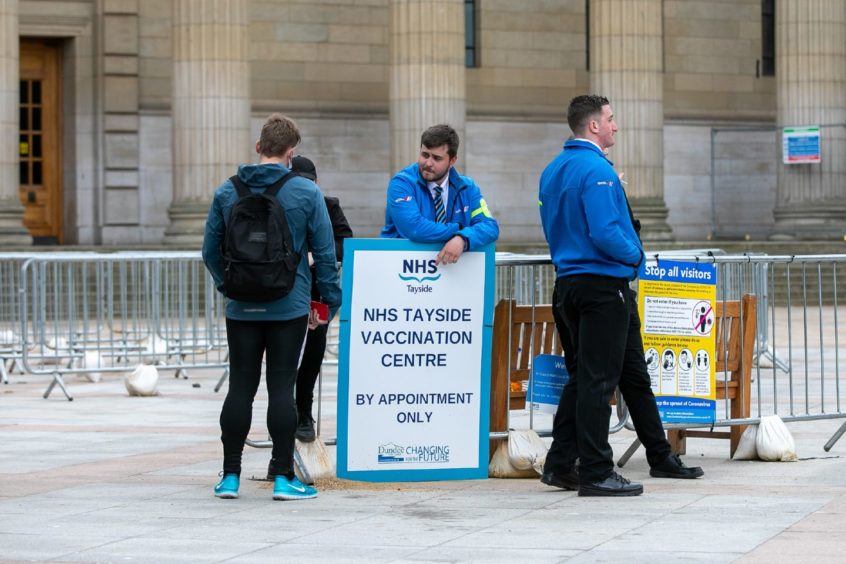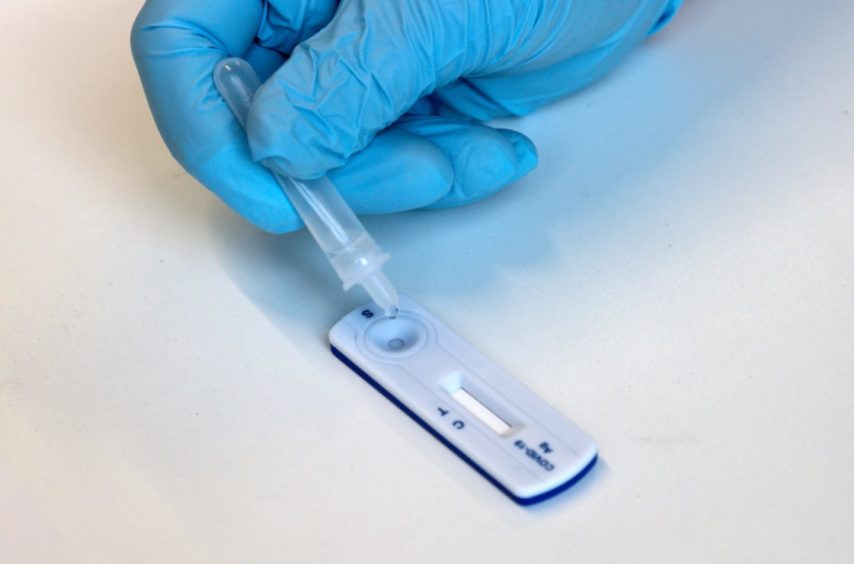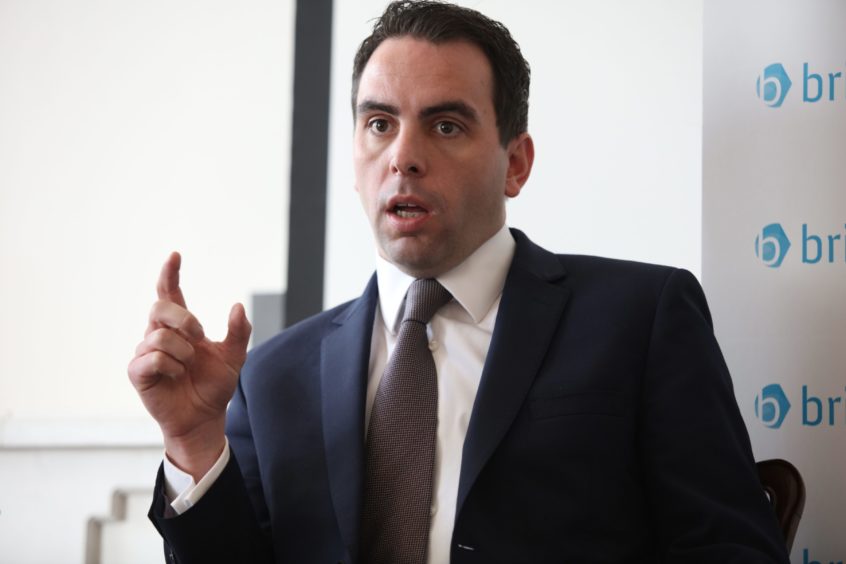A surge of Covid cases in Scotland is “cause for concern” but there are no plans to reintroduce restrictions or abandon moves to ease those already in place, Nicola Sturgeon has said.
Speaking during a Covid-19 briefing on Wednesday after cases surged to their highest ever level, the first minister said the current spike may have already reached its peak.
Ms Sturgeon revealed that when infections are tracked by specimen date – when a person submitted their test rather than when they were notified of a positive result – the cases show signs of peaking last Tuesday.
Dr Eleanor Gaunt, a virologist at Edinburgh University’s Roslin Institute, had earlier told BBC Scotland that cases are “rapidly rising” in Scotland and officials should be “proceeding with the highest level of caution”.
On Tuesday, 3,118 cases and one death of a patient with the virus were recorded, bringing the total to number of fatalities to 7,713. It followed 3,285 positive tests on Monday, the highest number since the start of the pandemic.
Keep the heid
Ms Sturgeon told the briefing she remains confident that restrictions will be further eased, as planned, on July 19 and August 9 but stressed that the country faces a “critical moment” and now is the time to “keep the heid”.
While she said the vaccine programme had broken the link between case numbers and serious illness, she urged Scots to exercise caution and common sense, with more than 80% of new cases now involving people under the age of 44.
“While we are comparing case numbers now to the situation at the start of the year, it is the case that at the start of the year, which was the last time case numbers were anywhere near the levels they are at now, we were in much a stricter lockdown,” Ms Sturgeon said.
“Far, far fewer restrictions are in force now. So the reality now is that without vaccination, the level of restrictions that are in place just now would undoubtedly be leading to far higher case numbers than is actually the case.
“So that’s the first sign that vaccination is actually having an effect.”
Further analysis
Public Health Scotland are doing further analysis on the association between watching football and the spread of coronavirus but Ms Sturgeon was also asked why cases had spread so rapidly in Scottish cities compared to other parts of the UK.
She said that in previous waves of the virus, Scotland had been “behind and below” the curve but it was now “slightly ahead and above”.
Aside from temporary events like football matches, that is partly down to lower levels of antibodies in the Scottish population due to lower cases earlier in the pandemic.
Ms Sturgeon also said the Delta variant of Covid-19 was first seeded into Glasgow, Scotland’s largest city, potentially allowing it to spread “more quickly and extensively” – as opposed to Bolton in England, which has a smaller population.
More support
However, opposition MSPs have urged the Scottish Government to do more to support businesses after new figures revealed just a fifth of Scottish firms are regularly testing their staff for the virus, despite the identification of positive cases being prioritised as a route out of the pandemic.
The latest data shows that 20.1% of firms said they provided frequent Covid tests between June 1 and June 13 this year.
The statistics were published by the Scottish Government and involve a survey of more than 1,100 Scottish businesses of all sizes and across every industry.
North East MSP Maurice Golden urged the Scottish Government to ensure businesses can avoid the upheaval caused by isolation and sudden closures by increasing support for testing.
According to the Business Insights and Conditions Survey (BICS), 68.4% of businesses said they do not regularly issue Covid tests, with 11.4% saying they are not sure.
Regular testing
The UK Government, the Scottish Government and the World Health Organisation have all said that regular testing is one of the key methods of avoiding future lockdowns and keeping Covid rates low.
Mr Golden said: “Businesses are doing everything they can to survive and stay open, but clearly they need more assistance when it comes to testing.
“We know that an outbreak in an office or factory can lead to the entire operation to shut down, and that’s hugely damaging economically.
“But if more businesses were regularly testing, cases could be identified quickly and that could mean minimal disruption.
“While great progress is being made with vaccination, it’s clear coronavirus isn’t going anywhere anytime soon. With that in mind, regular testing is hugely important and will remain so for a long time to come.
“The Scottish Government needs to redouble its efforts in supporting businesses who want to test more of their staff on a more regular basis.”



